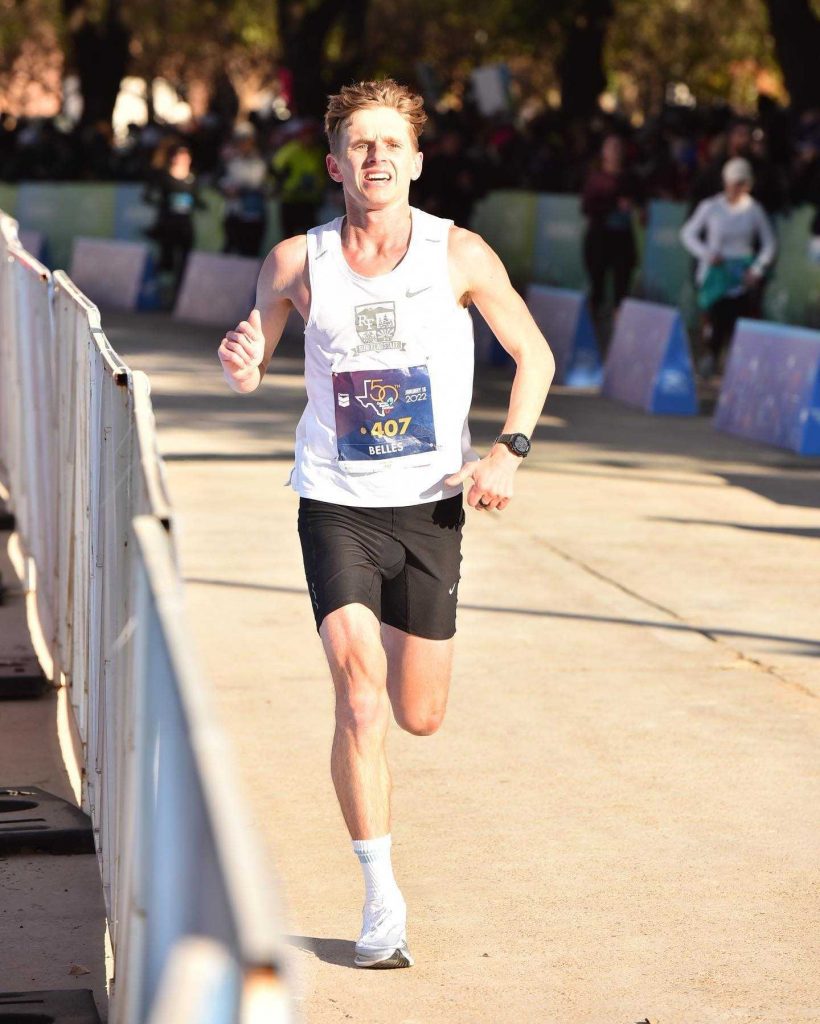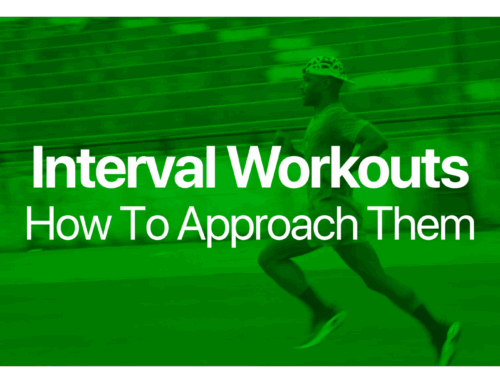
Dylan Belles, 28, is an athlete and coach based out of Flagstaff, Arizona. He recently qualified for his second Olympic Trials with a 2:17:26 performance (73.4 VDOT) at the Houston Marathon. Besides being a top VDOT performer on V.O2 he was in the top 20 most miles logged in 2021 as well.
With all this training, how do you manage to stay healthy?
I believe there are several reasons that have allowed me to stay healthy. For one, with running there is always a bit of luck involved. I’ve been fortunate to stay mostly injury free for the last 3-4 years and I will say that with this sport, that’s a tough thing to achieve. I’m fortunate in that respect. Outside of luck, I’ve dedicated a lot of time to strength training and I’ve approached my training sensibly.
In 2018, I had a big shift in my health and training. This is when I started working with my coach and when I met an awesome group of physical therapists and chiropractors that helped me put together a broken body. I’ve learned a lot from then. I’m now a huge believer in high weight, low rep training in the weight room. I practice this and encourage it to all my athletes I work with. This is my foundation that allows me to handle the workload and more importantly, recover effectively from it.
As for my training I’ve never been an “all or nothing” type of athlete. I do well with long, slow periods of training that gradually progresses over time. By doing this, I avoid forcing training in a way that it puts risk to my health.
Can you single out a specific injury-prevention technique that has helped you build your volume?
I try keep it simple – heavy squats and deadlifts and then sport specific single-leg strength and balance work. Much of my strength training beliefs and practices actually stem from older Russian weightlifting programs and NFL strength training coaches. It seems a bit odd, but I find their methodology translates extremely well for a runner.
What was your highest mileage week during 2021? Do you remember any details of the week?
120 miles. This was back (December 2021). I was home visiting my family in North Carolina for the holidays. In the weeks prior I was slowly building to this week (my peak mileage week) and taking full advantage of being at sea level. After a disappointing NYC Marathon attempt, I took a deeper dive into my training and came to the conclusion that I simply didn’t have the strength I needed to run my best marathon race. I do well with mileage and during my build up, I had too many small hiccups that prevented me from logging the volume that supported my goals over the distance.
During my peak week I hit two solid workouts:
- 10 x 1 miles averaging close to 4:55
- Long run workout of 40 x 1 minute on, 1 minute off that totaled 15+ miles at 5:10 pace
The rest of my runs that week I aimed for 30km days (20 in the morning, 10 in the evening) and a medium long run of 16 miles. I had a day or two that was slightly less of course. Surprisingly, this week went by quickly and the mileage didn’t see hard to achieve despite it being my highest volume ever. I think in my future I will try to log more consistent weeks over 120, but for here and now, this was appropriate for my build-up.
Did the V.O2 app provide benefit to being able to stack such big mileage weeks?
Sure thing. I’ve been using V.O2 for a long time now, mostly to help my personal coaching athletes, but I also use it myself with my coach. Having a schedule is important to me. I like opening up my phone or clicking the workout on my watch and just “doing it”. It takes a lot of second guessing and/or pressure off the workout and just allows me to do my best to hit the goal pace and effort on the day.
Who is your coach?
Jay Bawcom
What is your handle on Instagram?





Leave A Comment